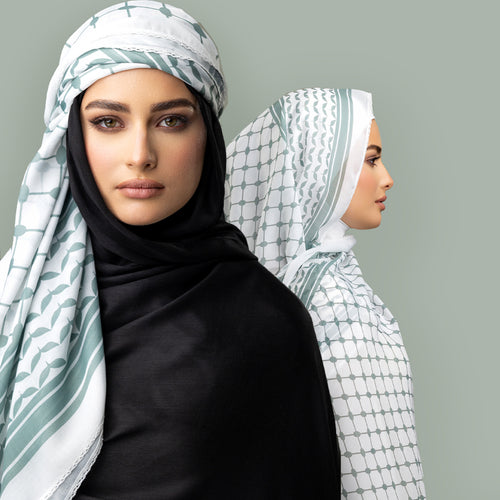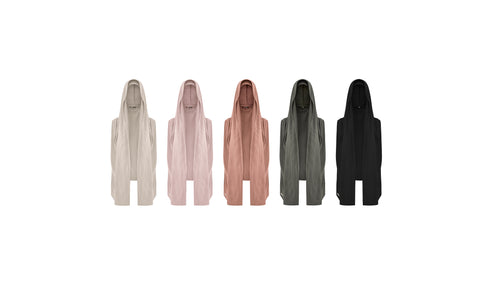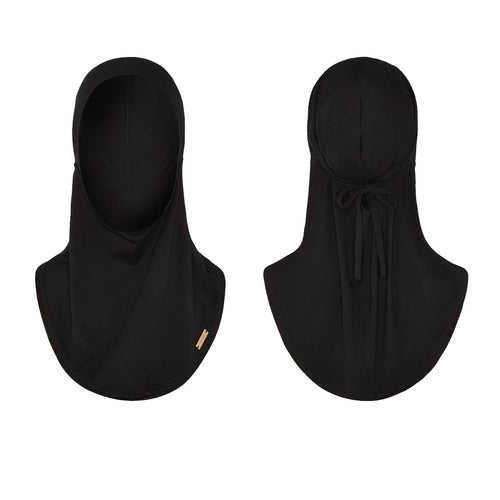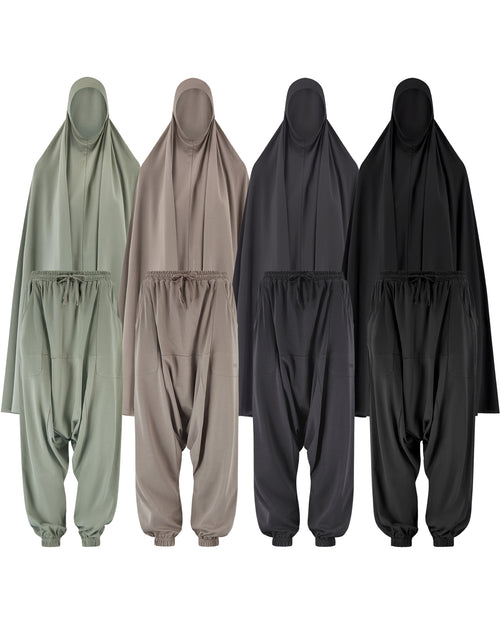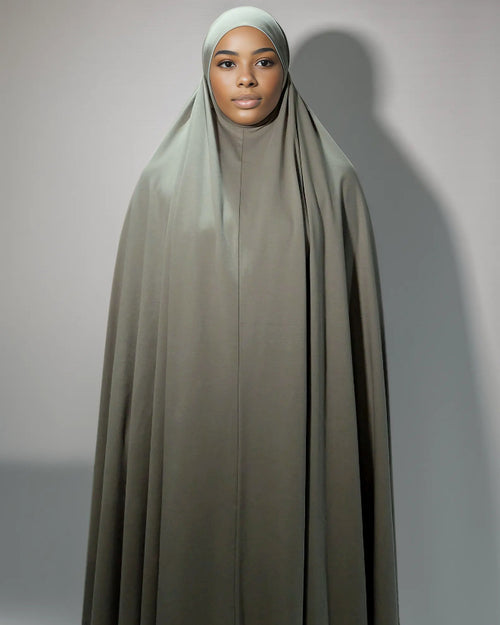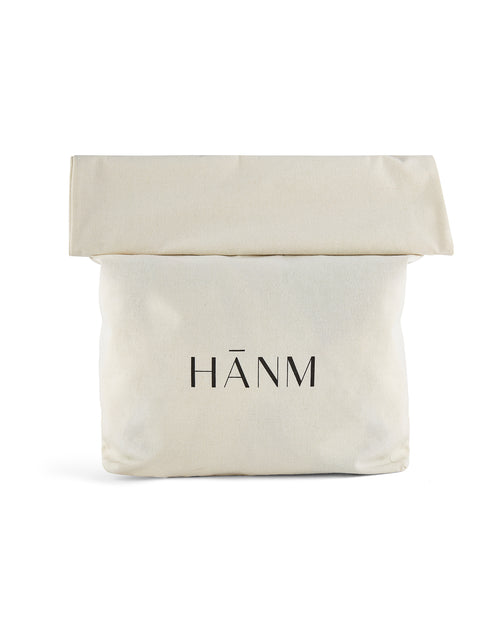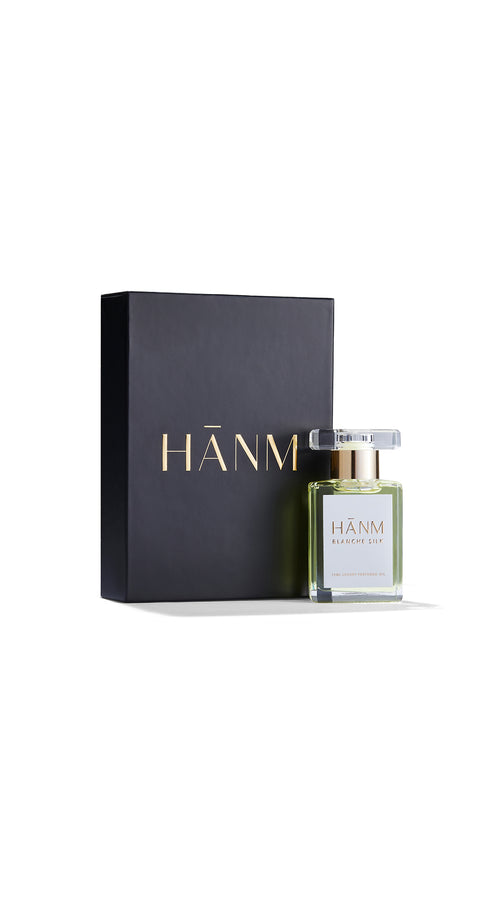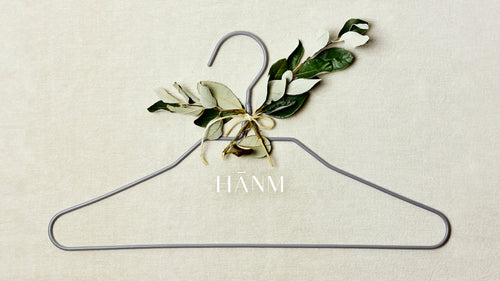
Slow fashion is an alternative (or as some would say, the stark opposite) to the fast fashion model. Slow fashion promotes a more sustainable and ethical approach to clothing production and consumption. It focuses on the principles of quality, longevity, and responsible practices throughout the entire supply chain.
Here are some key aspects of slow fashion:
1. Ethical and Fair Production
Slow fashion prioritises ethics such as fair wages, safe working conditions, and workers' rights. It promotes transparency and accountability, ensuring that the people involved in the production process are treated with dignity and respect - one of our many core values at HĀNM.
2. Sustainability
Slow fashion encourages the use of natural, organic, and sustainable materials, such as organic cotton, hemp, linen, and recycled fibers to name a few. These materials have a lower environmental impact and are often biodegradable or recyclable, as are many of our woven hijab collections.
3. Durability and Quality
Slow fashion emphasises durability and timeless designs that are meant to last. By focusing on quality craftsmanship and attention to detail, slow fashion garments are made to withstand wear and tear, reducing the need for frequent replacements.
4. Local and artisanal production
Slow fashion supports local artisans and small-scale producers, promoting local economies and preserving traditional craftsmanship. By sourcing and producing locally, the carbon footprint associated with transportation is minimized.
5. Conscious consumption
Slow fashion encourages mindful and intentional consumption. It promotes buying less but better-quality items and prioritizes a shift from quantity to quality. Slow fashion encourages repairing, up-cycling, and reusing clothing items to extend their lifespan.
6. Transparency and traceability
Slow fashion brands prioritise transparency by providing information about their sourcing, production processes, and the environmental and social impacts of their products. This allows consumers to make informed choices and support brands that align with their values.
By embracing slow fashion principles, consumers can contribute to a more sustainable and ethical fashion industry, where products made not only benefit individuals but also the environments and wildlife we need to protect within our planet. It promotes a more conscious and mindful approach to clothing, reducing waste, supporting ethical practices, and valuing the longevity and quality of garments.
